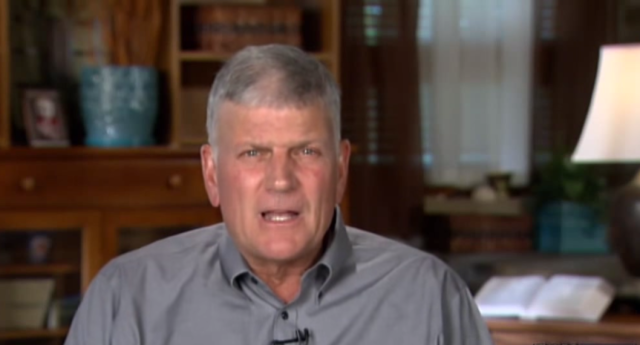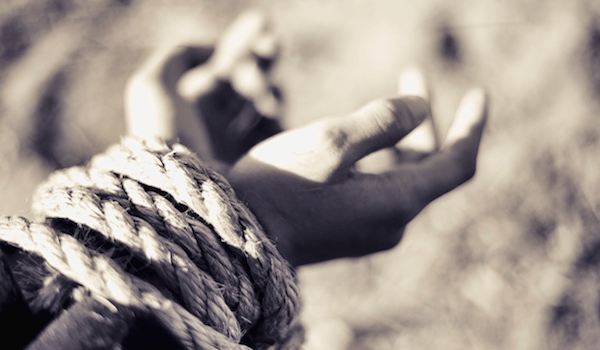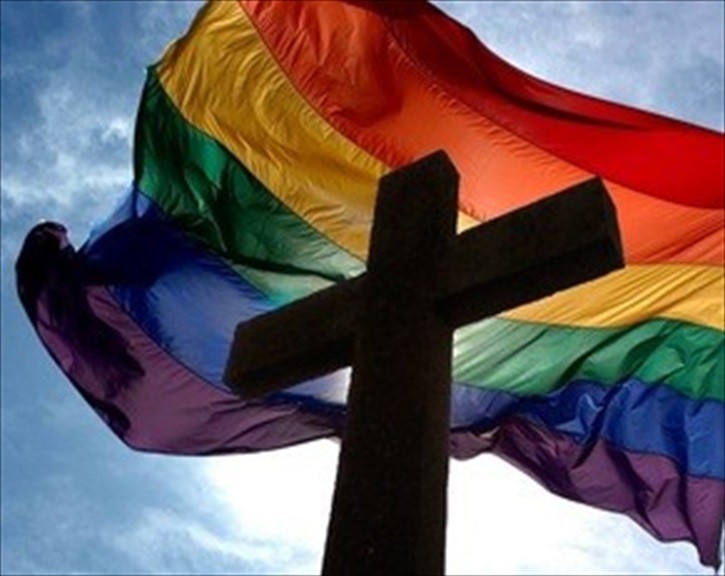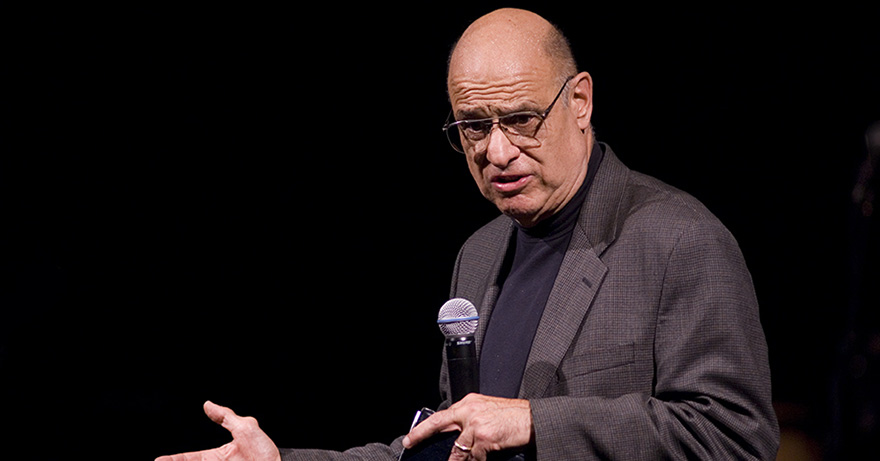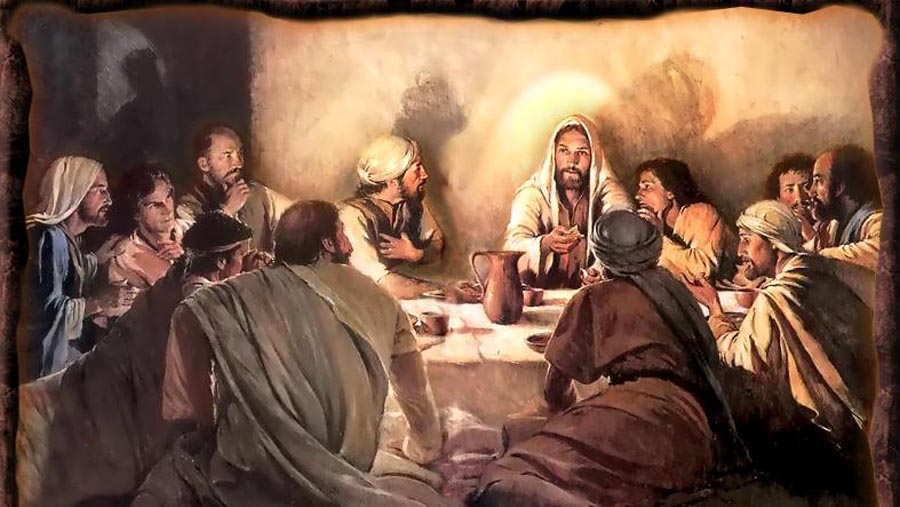On 19 January 2016, Dr James Dobson interviewed Franklin Graham on his Family Talk Radio Show. You can listen to the show here – and you really only need to listen to first two minutes to hear my complaint.
I know that many of my friends and family don’t agree with my view on homosexuality. Here’s something you should hear at church, though, that you probably won’t: even if you believe that homosexuality is a sin, you cannot support Dr Dobson and Dr Graham’s views. And you should definitely speak out against their views. You cannot remain silent in the face of homophobia and fear-mongering. I am being serious about this statement – the church cannot be seen to either hate or fear gays, nor can it be seen to exclude homosexuals from churches.
Here is what Franklin Graham said:
- “We have allowed the Enemy to come into our churches. I was talking to some Christians and they were talking about how they invited these gay children to come into their home and to come into the church and that they were wanting to influence them. And I thought to myself, they’re not going to influence those kids; those kids are going to influence those parent’s children.
“What happens is we think we can fight by smiling and being real nice and loving. We have to understand who the Enemy is and what he wants to do. He wants to devour our homes. He wants to devour this nation and we have to be so careful who we let our kids hang out with. We have to be so careful who we let into the churches. You have immoral people who get into the churches and it begins to affect the others in the church and it is dangerous. So, I am going to encourage the church to take a stand for Christ, and for righteousness. … “
Is he serious?
Does Franklin Graham think his Gospel is so weak that having gay children attend his church would undermine the faith of the Christians who are already there? Did he really mean to say that church is a club for saved saints, and that sinners should not be allowed to attend? Is he genuinely concerned that homosexuals and their “lifestyle” are more powerful than his gospel and his God?

